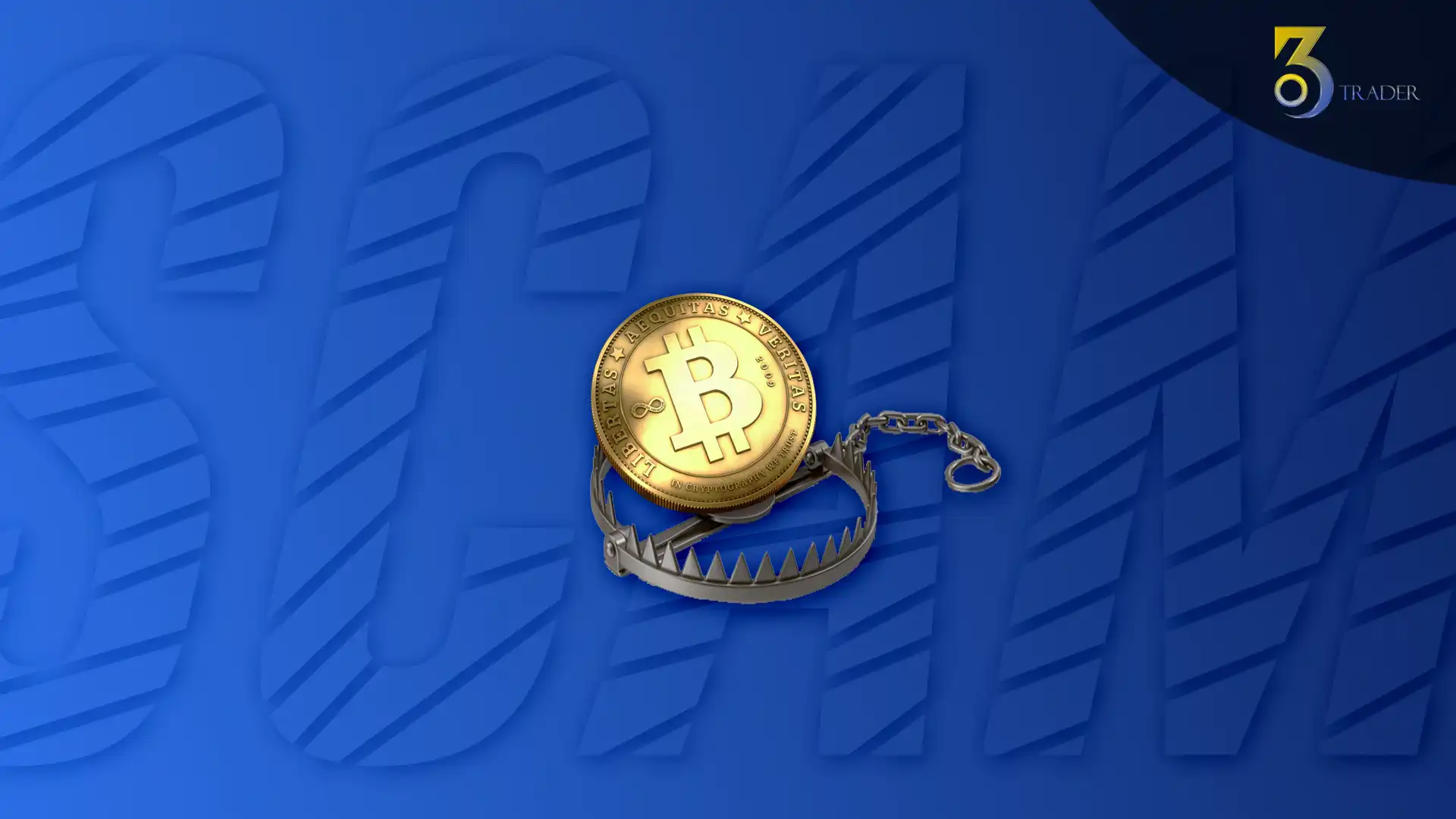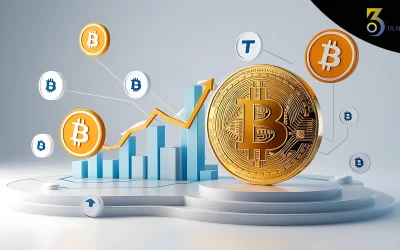The rapid growth of the cryptocurrency market has attracted not only legitimate investors and innovators but also fraudsters looking to exploit unsuspecting individuals. With the allure of high returns and the relatively unregulated nature of the crypto space, scams are prevalent and can take many forms. This guide provides practical tips on how to identify and avoid crypto scams to protect your investments and personal information.
1. Recognize Common Types of Crypto Scams
Understanding the different types of crypto scams is the first step in avoiding them. Here are some common scams to watch out for:
- Ponzi Schemes: These scams promise high returns with little risk by using the investments of new participants to pay earlier investors. Ponzi schemes collapse when there are not enough new investors to pay the returns owed.
- Phishing Scams: Fraudsters use fake websites or emails that look like they are from legitimate exchanges or wallet providers to steal your login credentials or private keys. Once they have access, they can drain your funds.
- Pump and Dump Schemes: Scammers artificially inflate the price of a cryptocurrency by spreading false information or hype. Once the price is high, they sell off their holdings, causing the price to crash and leaving other investors with losses.
- Fake ICOs (Initial Coin Offerings): Scammers create fake ICOs to attract investment in non-existent projects. They often promise huge returns on new tokens but disappear with the investors’ money once the ICO ends.
- Rug Pulls: In decentralized finance (DeFi) projects, a rug pull occurs when the creators of a project suddenly withdraw all liquidity from a trading pool, leaving investors with worthless tokens.
2. Verify the Legitimacy of a Project or Offer
Before investing in any cryptocurrency project or token, conduct thorough research to verify its legitimacy. Here are key steps to take:
- Research the Team: Look into the backgrounds of the team members behind the project. Legitimate projects usually have experienced and reputable individuals. Be wary of anonymous teams or those with unverifiable credentials.
- Check the Whitepaper: A genuine project will have a detailed whitepaper outlining its technology, goals, and use case. Scrutinize the whitepaper for clear, achievable goals and technical details. Be cautious if the whitepaper is poorly written or lacks substance.
- Review the Roadmap: A well-planned roadmap shows the project’s development timeline and milestones. Be skeptical of projects with unrealistic promises or vague plans.
- Look for External Validation: Check if the project is listed on reputable cryptocurrency exchanges or if it has partnerships with well-known companies. Independent reviews and audits from reputable firms can also provide validation.
- Analyze the Community: A strong and active community can be a good sign of a legitimate project. Look for engagement on social media platforms, forums, and other communication channels. Beware of projects with little to no community presence.
3. Be Cautious with Promises of High Returns
Be wary of any investment opportunity that promises guaranteed or unusually high returns with little risk. Cryptocurrency investments inherently involve risk, and legitimate projects do not guarantee profits. Red flags include:
- Unrealistic Promises: Claims of guaranteed returns or high profits with minimal risk are often too good to be true. Remember, if it sounds too good to be true, it probably is.
- Pressure Tactics: Scammers may use high-pressure tactics to get you to invest quickly, such as limited-time offers or claims that you’ll miss out on a once-in-a-lifetime opportunity. Take your time to research and make informed decisions.
4. Verify Security Measures
Ensure that any platform or project you engage with has strong security measures in place. Here’s what to look for:
- Secure Website: Check for a secure connection (HTTPS) and verify the website’s URL to avoid phishing sites. Look for security certificates or badges from trusted sources.
- Two-Factor Authentication (2FA): Legitimate exchanges and wallet providers typically offer 2FA as an additional layer of security. Enable 2FA on your accounts whenever possible.
- Cold Storage: Reputable exchanges and projects use cold storage (offline wallets) to store the majority of their funds. This reduces the risk of hacking.
5. Beware of Social Media and Online Hype
Social media can be a powerful tool for spreading both legitimate information and scams. Be cautious with:
- Unverified Information: Treat claims and promotions on social media with skepticism, especially if they come from anonymous or unverified accounts. Cross-check information from multiple reputable sources.
- Fake Endorsements: Scammers may use fake testimonials or endorsements from celebrities or influencers to lend credibility to their schemes. Verify such endorsements through official channels.
- Community Influence: Be wary of projects that rely heavily on social media hype rather than solid fundamentals. Community-driven hype can sometimes be manipulated to pump up the value of a token.
6. Conduct Due Diligence
Performing due diligence is essential before making any investment. Follow these steps to ensure you’re making informed decisions:
- Check Regulatory Compliance: Verify if the project complies with relevant regulations in your jurisdiction. Regulatory oversight can provide an additional layer of protection.
- Read User Reviews: Look for reviews and feedback from other users who have interacted with the project or platform. Be cautious of reviews that seem overly positive or negative without substantive details.
- Consult with Experts: If you’re unsure about a project or investment opportunity, consider consulting with financial advisors or experts who are knowledgeable about cryptocurrencies.
7. Protect Your Personal Information
Safeguarding your personal and financial information is crucial in avoiding scams:
- Use Strong Passwords: Create strong, unique passwords for your accounts and avoid using the same password across multiple sites.
- Beware of Public Wi-Fi: Avoid accessing your crypto accounts or making transactions over public Wi-Fi networks. Use a secure connection and consider using a VPN for added protection.
- Keep Private Keys Safe: Your private keys are essential for accessing your crypto funds. Never share them with anyone and store them securely offline.
8. Report Scams
If you encounter a scam or believe you’ve been targeted, report it to the appropriate authorities:
- Regulatory Agencies: Report fraudulent activity to regulatory agencies such as the Securities and Exchange Commission (SEC) or the Financial Conduct Authority (FCA) in your country.
- Crypto Exchanges: Inform the cryptocurrency exchange or platform where the scam occurred. They may have procedures in place to investigate and take action against fraudulent activities.
- Law Enforcement: In some cases, you may need to file a report with local law enforcement, especially if you have lost money to a scam.
9. Conclusion
The cryptocurrency market offers exciting opportunities but also comes with its share of risks. By understanding common scams, conducting thorough research, and exercising caution, you can protect yourself from fraudulent schemes and make informed investment decisions.
Staying informed and vigilant is key to navigating the crypto landscape safely. Always be skeptical of high-pressure sales tactics, promises of guaranteed returns, and unsolicited offers. With careful attention and due diligence, you can enjoy the benefits of cryptocurrency while minimizing your risk of falling victim to scams




